A research team from Mie University in Japan announced on October 11 that between 1982 and 2023, summer in Japan has been extended by about three weeks due to the impact of climate change.
According to the research team, the number of days classified as summer has increased steadily over the years, while the average length of spring and autumn has shortened, and the length of winter has changed little.
Professor Yoshihiro Tachibana and graduate student Mao Takikawa of Mie University's Faculty of Environmental Science and Technology believe the main cause is rising sea surface temperatures due to global warming.
The group warns that the trend of longer summers and later winters could continue if left unchecked.
In the study, the team divided the area from Japan's northernmost island of Hokkaido to its southernmost island of Kyushu (including the surrounding seas) into about 200 zones and used observational data from the Japan Meteorological Agency to calculate the average annual maximum temperature over the period.
The team then determined a “summer threshold” for each region based on data on the region’s highest and lowest temperatures each year.
If the highest temperature in an area is 20 degrees Celsius and the lowest temperature is 0 degrees Celsius, the "summer threshold" is calculated at 15 degrees Celsius (1/4 of the highest). Days with temperatures above this threshold are counted as summer days.
The results show that on average nationwide, the start of summer is about 12.6 days earlier and the end is about 8.8 days later, corresponding to a summer extension of about 21.4 days over the past 40 years.
Specifically, in 1982, summer lasted 92 days (from June 29 to September 28). In 2023, this number increased to 121 days (from June 11 to October 9).
Professor Tachibana explained that previously warm air from the Asian continent would cool as it moved over the seas around Japan, helping to regulate the transition from spring to summer.
However, as sea surface temperatures increase, the cooling process is no longer as effective, causing summer to come earlier and end later.
Meanwhile, winter temperatures do not fluctuate much because Japan is still affected by strong cold waves from the Asian continent./.
Source: https://www.vietnamplus.vn/bien-doi-khi-hau-keo-dai-mua-he-tai-nhat-ban-them-khoang-ba-tuan-post1069866.vnp





![[Photo] Discover unique experiences at the first World Cultural Festival](https://vphoto.vietnam.vn/thumb/1200x675/vietnam/resource/IMAGE/2025/10/11/1760198064937_le-hoi-van-hoa-4199-3623-jpg.webp)









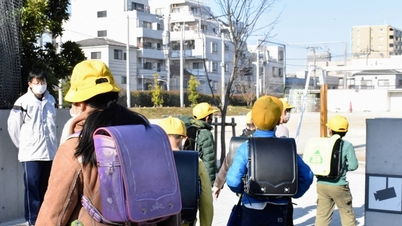
















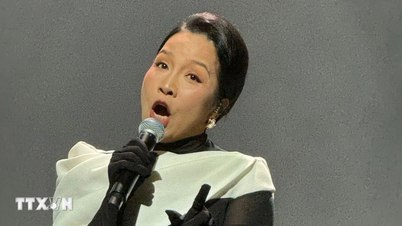
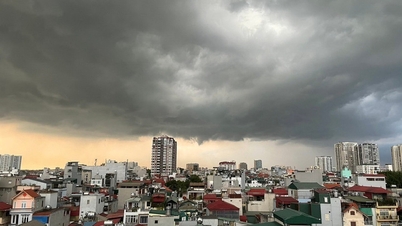





































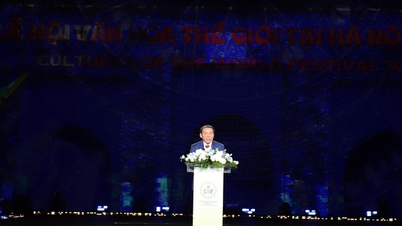


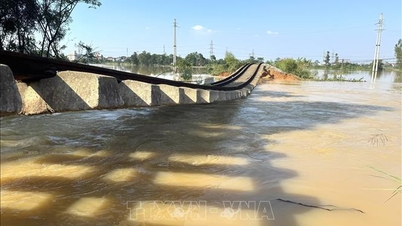






























Comment (0)